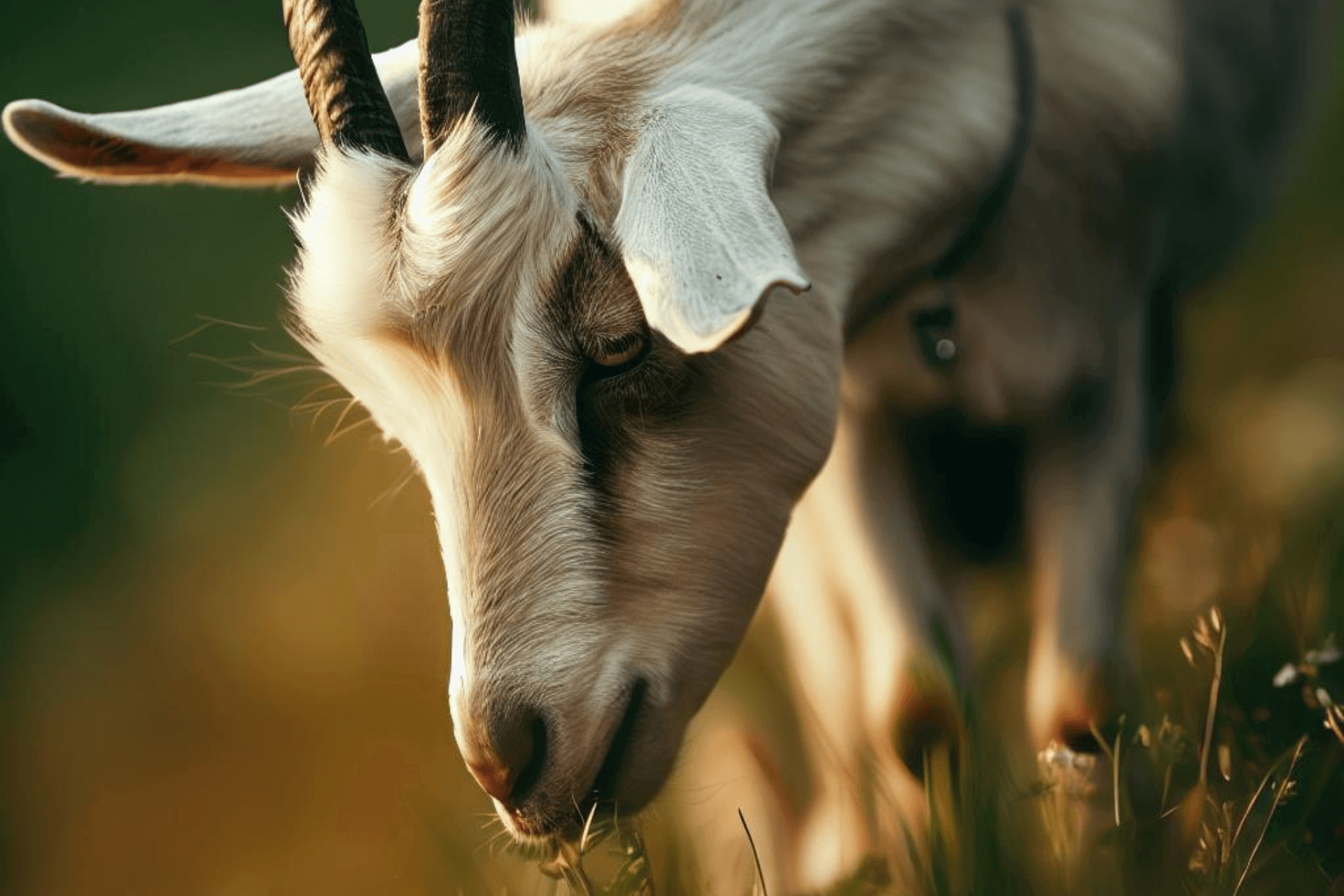
Duck Plague
Explore the highly contagious and often fatal viral disease known as duck plague, affecting ducks, geese, and swans worldwide. Learn about its definition, synonyms, epidemiology, transmission, signs and symptoms, lesions, diagnosis, treatment, vaccination, prevention, and control. Discover the importance of biosecurity measures and vaccination in combating this significant economic concern in the poultry industry.

Tetanus in Goat
Discover all you need to know about tetanus in goats, a fatal bacterial infection caused by Clostridium tetani. Learn about the definition, symptoms, diagnosis, treatment, vaccination, prevention, and control methods for this preventable disease that can lead to sudden death in unvaccinated goats.

Bovine Ephemeral Fever
Bovine Ephemeral Fever is a noncontagious epizootic arthropod-borne viral disease which affects the cattle and water buffaloes characterized by sudden onset of fever, depression, stiffness, lameness, rapid recovery.

Acmetil Vet
Discover the efficacy of Acmetil Vet, an oral solution specifically designed to combat respiratory tract infections in poultry and livestock. With its active ingredient Tilmicosin, a powerful macrolide antibiotic, this medication effectively targets bacterial infections and promotes animal health. In this blog post, we delve into the composition, pharmacology, dosage, precautions, and more about Acmetil Vet.

Amflor Vet Plus
Discover the benefits of Amflor Vet Plus, an exclusive veterinary injection formulated for animal health. With its powerful combination of Florfenicol and Flunixin, this medication effectively treats and prevents various respiratory tract infections and associated symptoms in bovine and pigs. Learn more about its composition, dosage, precautions, and usage guidelines.

Canine Distemper Signs Symptoms Diagnosis and Treatment
Canine distemper is a contagious viral disease that affects dogs and can cause respiratory, gastrointestinal, and nervous system symptoms. This article provides insights into the signs, symptoms, diagnosis, and treatment options for canine distemper. Learn how vaccination plays a vital role in prevention and why immediate veterinary care is crucial for affected dogs.

Understanding Infectious Bursal Disease (IBD) in Poultry
Infectious bursal disease (IBD) is a highly contagious viral infection that affects young chickens, causing inflammation and destruction of the bursa of Fabricius, a vital organ in their immune system. It is transmitted through the oral-fecal route and can spread through contaminated feed, water, equipment, and personnel. The disease is most severe in birds between 3 and 6 weeks old but can affect birds of any age. Diagnosis involves clinical signs, gross lesions, and laboratory tests. While there is no specific treatment, supportive therapy and vaccination are important preventive measures to control IBD and protect poultry flocks.

Common Medicines That Are Toxic to Cats
Common Medicines That Are Toxic to Cats As veterinarians, it is our duty to be vigilant about the potential risks associated with certain medications when treating our feline patients. Cats have unique sensitivities, and some medicines can be toxic or even fatal to them. In this excerpt, we will explore six common medicines that pose dangers to cats, providing essential insights to ensure their safety and well-being. By avoiding these toxic medications, we can prioritize the health of our beloved feline companions.

Common Duck Diseases: Overview, Symptoms, Diagnosis, and Prevention
Ducks, like any other living creatures, are susceptible to various diseases that can impact their health and productivity. From viral infections like Duck Viral Enteritis and Duck Hepatitis to bacterial diseases like Duck Cholera, understanding the epidemiology, symptoms, and prevention measures is crucial. Vaccination, strict biosecurity protocols, and proper hygiene practices play a vital role in safeguarding duck populations. Timely detection and intervention, along with supportive care, contribute to maintaining a healthy flock and ensuring the well-being of these beloved birds.

Cat Nutrition-Understanding and Meeting Your Feline Friends Dietary Needs
Excerpt: Understanding and meeting your cats dietary needs is essential for their overall health and well-being. Cats require a diet rich in animal-based protein, such as meat, poultry, fish, and eggs, to thrive. Fats are also important for energy and promoting healthy skin and coat. While cats can derive some energy from carbohydrates, their requirements are lower compared to other species. Its crucial to provide a balanced diet that includes essential vitamins and minerals. Additionally, following feeding guidelines based on your cats age and life stage, and avoiding common feeding mistakes, can help ensure a happy and healthy feline companion.









